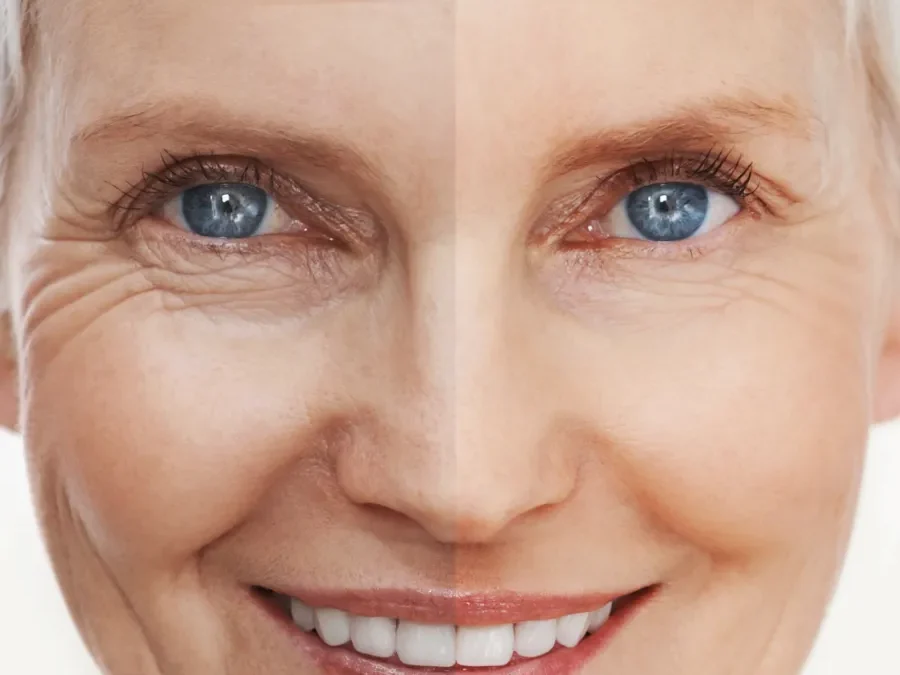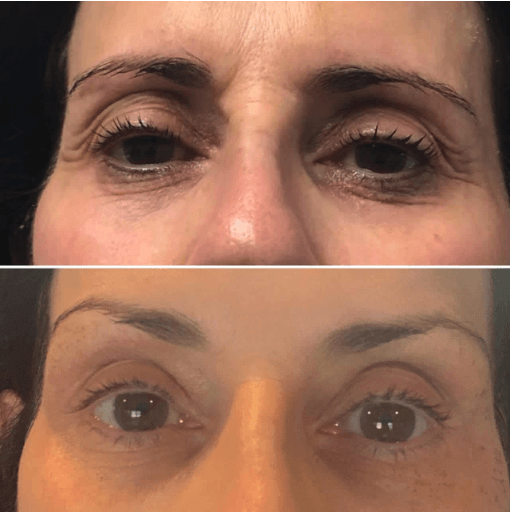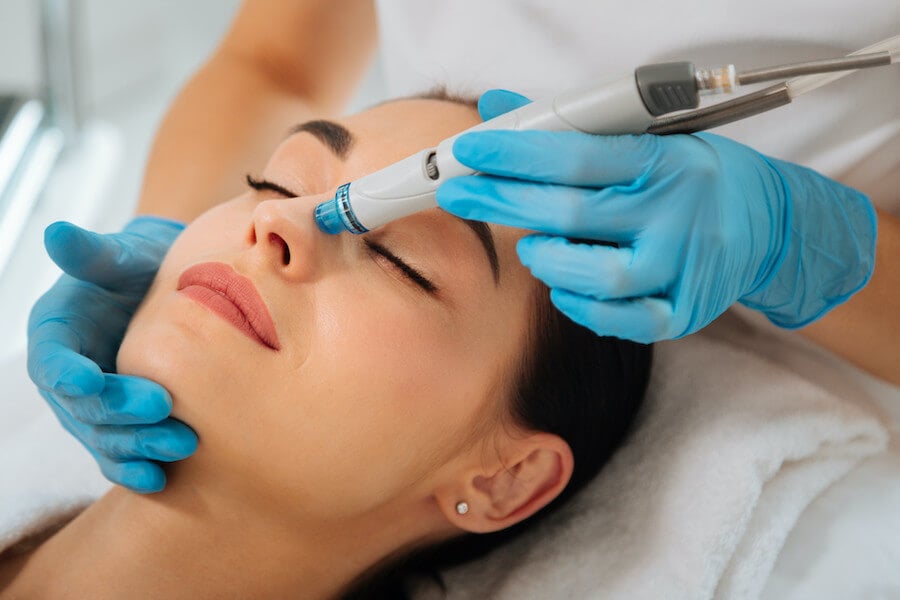Thinking of stepping outside and soaking up the sun? Before you go, it might help to learn a little about vitamin D and skin health, first.
About 1 billion people throughout the world have vitamin D deficiency. Unfortunately, not enough vitamin D can prove as worrisome as too much. For example, balanced vitamin D levels can keep your skin from prematurely aging.
Meanwhile, too much can accelerate the aging process.
Prepare yourself (and your skin). Keep reading to discover everything you need to know about vitamin D and how it is related to skincare. With this guide, you can make sure you receive a healthy amount of vitamin D to protect your skin from accelerated aging.
A Little About Vitamin D
Many people associate vitamin D with bone health. This fat-soluble vitamin can increase the body’s efficiency when absorbing phosphorus and calcium.
When your body receives the right amount of vitamin D, it can also:
- Improve your mood
- Limit your risk of developing certain cancers
- Promote bone health and growth
- Prevent your skin from aging
The Institute of Medicine recommends 600 international units (IUs) of vitamin D a day. However, vitamin D deficiency can occur if:
- You’re not getting enough sun exposure
- A medical condition impairs your ability to soak up vitamin D
- Low dietary intake
Thankfully, there are a few ways you can incorporate vitamin D into your diet. With these foods, you can make sure you’re getting your daily dose of vitamin D to support your skin health and overall health:
- Salmon
- Mackerel
- Sardines
- Anchovies
- Cod liver oil
- Free-range or pasture-raised eggs
- Plant milk
- Cows milk
- Mushrooms
- Yogurt
If you’re not receiving your recommended 600 IUs a day, however, you could develop a vitamin D deficiency.
Checking for Vitamin D Deficiency
Vitamin D and skin health isn’t the only concern. Without getting your daily dose of vitamin D, you also put yourself at risk for diseases such as:
- Osteoporosis
- Depression
- Cold and the flu
- Alzheimer’s disease
- Dementia
- Certain cancers
- Gastrointestinal diseases
- Diabetes
Unfortunately, older individuals are more at risk. People over the age of 50 have a more difficult time absorbing vitamin D from sunlight. This can leave them at risk of certain cancers, osteoporosis, arthritis, fractures, and possible muscle weakness.
A vitamin D steroid or vitamin D ointment can help you get the daily dose you need. That way, you can maintain a healthy vitamin level to benefit your overall health and skin.
A simple blood test will help you determine if you have a vitamin D deficiency.
Vitamin D and Skin Health
Now that you understand a little more about the vitamin, let’s discuss vitamin D and skin health. The key to healthy skincare through vitamin D is knowing how much you need.
Skin Protection
At the free ends of our body’s DNA strands, there’s genetic material known as telomeres. When these telomeres shorten with age, our cells die, which causes skin aging.
A healthy amount of vitamin D can prevent the skin from aging.
In addition to protecting the skin, vitamin D’s active form also helps skin cells grow and repair. This process also helps prevent skin aging.
However, too much sunshine can cause the skin aging process to accelerate.
Ultraviolet light causes direct damage to the body’s DNA. It can also injury the skin and lead us to develop certain skin cancers.
Instead of over-exposing yourself to the sun, consider a different approach for combining vitamin d and skin care. For example, a vitamin D rich serum can help nourish your skin without risking overexposure.
A diet rich in vitamin D foods can also help.
Cancer
Don’t neglect the importance of sunscreen. Whether it’s the middle of winter or a rainy day, you can still wear sunscreen to protect your skin. Meanwhile, your skin will still produce vitamin D without leaving you at risk of overexposure.
You don’t need to gain a sunburn in order for your skin to get the vitamin D it needs.
A vitamin D steroid can help you avoid lethal forms of cancer.
Supplements also provide an anti-cancer benefit by offering anti-inflammatory properties that keep cancer cells at bay.
Acne
Many people consider the tie between vitamin D and skin acne.
Acne is the most common skin condition and develops when blocked pores produce red bumps or blackheads. Off-balance hormone levels, bacteria, and oil can all cause acne. Unfortunately, a vitamin D deficiency can contribute to these symptoms, too.
According to this study, patients with acne improved their symptoms by taking oral vitamin D supplements.
Vitamin D lowers inflammation, which can help relieve acne. However, more research is needed to determine the connection between vitamin D levels and acne.
If you’re dealing with severe acne, make sure to discuss your options with a dermatologist. They can help you develop a treatment plan that works best for your skin’s needs.
Other Skin Conditions
Vitamin D and skin conditions such as psoriasis are also connected.
Sunlight and topical treatments, such as a vitamin D ointment, can help patients manage their psoriasis. A severe dry skin condition called ichthyosis also responds to vitamin D treatments.
More researchers are also studying the link between vitamin D and eczema. There are currently mixed results regarding whether or not vitamin D improves eczema symptoms.
You can speak to your dermatologist or explore our products for treatment options.
Whether you’re concerned about skin cancer or another skin condition, consider taking a vitamin D oil for skin. A topical option can help you nourish your skin with this essential vitamin without leaving you at risk.
That way, you have access to the recommended 600 IUs you need without causing skin injury, cancer, or accelerated skin aging.
Here Comes The Sun: Vitamin D & Skin Health
The shining sun and a vitamin D steroid can help grant you healthy, glowing skin. Now that you know more about vitamin D and skin health, you can make sure you’re getting enough vitamin D without risking your skin.
Skincare treatments can help as well. Book an appointment with our team today to experience healthier, happier skin.






